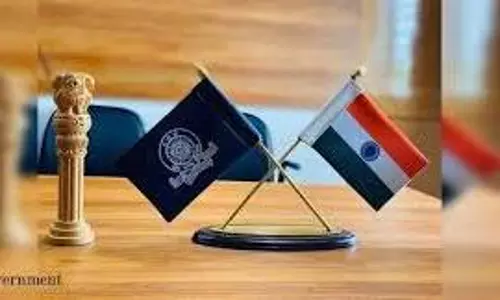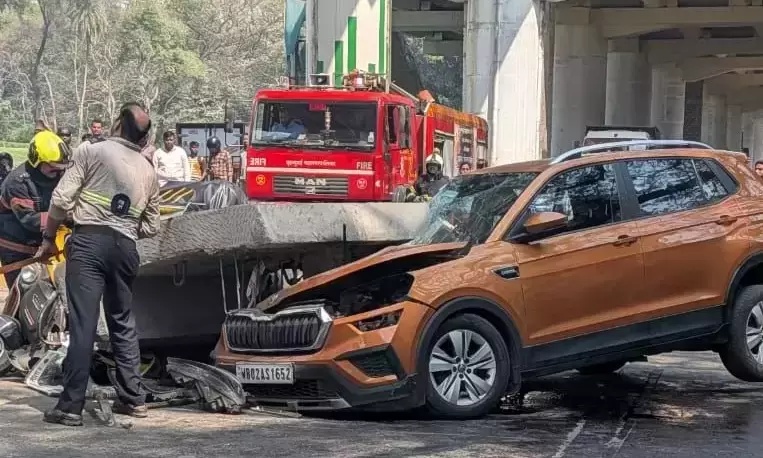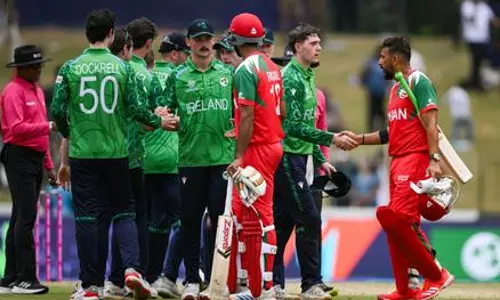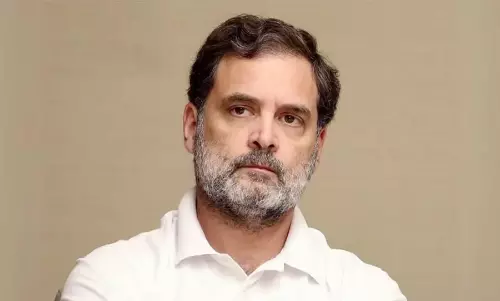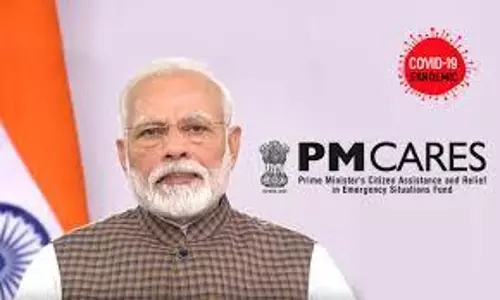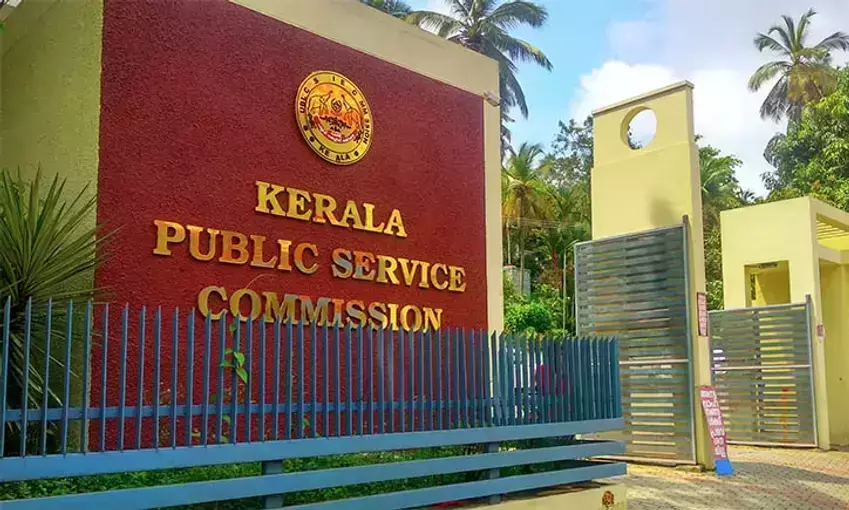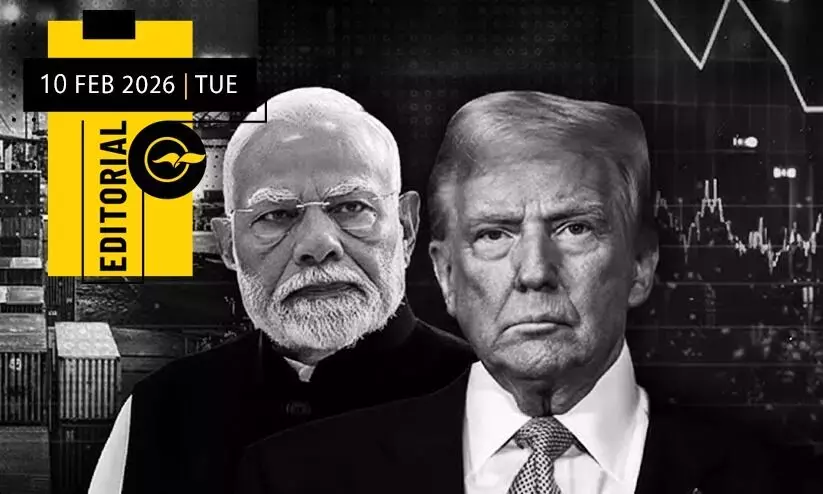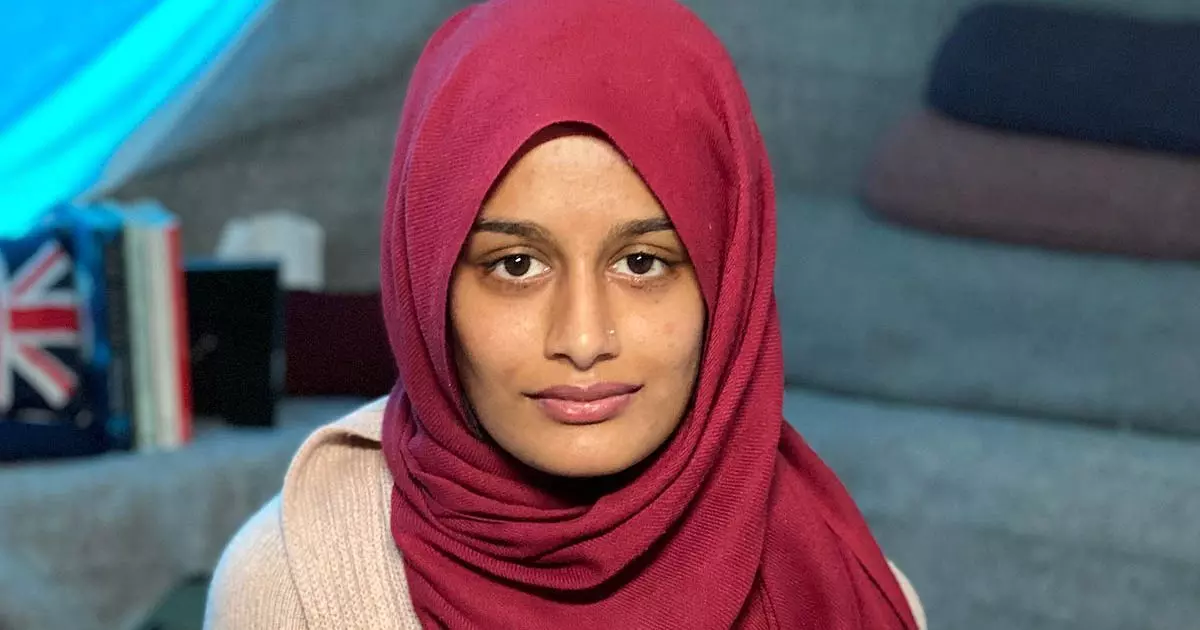
BBC now faces backlash at home over ‘sympathetic’ docu on 'jihadi bride'
text_fieldsAfter inviting severe criticisms over the Modi documentary, the BBC is now facing backlash at home over a program that is deemed to be ‘sympathetic’ to ‘jihadi bride’ Shamima Begum.
Shamima was a 15-year-old born in the UK to parents with Bangladeshi roots. She ran away to Syria along with two of her friends, , Kadiza Sultana and Amira Abase, to join the Islamic State in February 2015.
While both her friends are believed to have been killed, Shamima lived as an ‘IS bride’ for more than three years after marrying a Dutch IS fighter.
A teenage at the time, her case dominated headlines worldwide particularly, her fight to return home after she ended up in a camp in Syria when the militant outfit got defeated.
The British government revoked her citizenship in 2019 citing that she posed a threat to national security and Shamima has been fighting for the past few years, to return to the UK.
The Supreme Court is deciding exactly how her case should be handled, as the decision could have huge implications on how cases like Shamima's are dealt with in the future.
Shamima, now 23, is back is the news after eight years, thanks to the BBC’s 'The Shamima Begum Story'.
The 90-minute documentary comes after the BBC’s 10-part podcast 'I'm Not a Monster' that 'retraces' Begum’s journey, according to a report by The Daily Mail.
The broadcaster described the podcast as a “robust, public interest investigation” by a journalist who had been talking to Begum for a year.
The documentary has not gone down well with the viewers in the UK because of its ‘sympathetic’ portrayal of the ‘jihadi bride’. One of the viewers criticised it as “disgusting and utterly disgraceful,” while another viewer bashed BBC for “parading Begum as if she is some sort of celebrity” and as a “vulnerable young girl”.
“What is happening with the BBC? Are you kidding me? Won't ever pay my TV licence again... She's a terrorist with no remorse, she doesn't deserve to have her story heard like she is a victim,” tweeted a viewer.
Shamima who now lives at the Al-Roj camp in northern Syria, told the BBC that being stuck in a camp was “worse than being in a prison”, adding, "At least with prison sentences you know that there will be an end but here you don't know if there's going to be an end.”
She said that the public anger towards her was actually directed at the ISIS and not towards her. However, according to the viewers, she showed no remorse over her decision to flee UK and join IS.
A BBC journalist in a 2019 report said that Shamima "continued to espouse Islamic State philosophy". While she admitted that innocents were killed in the 2017 suicide bombing in Manchester, she justified the attack citing the deaths caused by airstrikes in Syria.
The BBC documentary comes at a time when the UK government has reiterated that Islamist terrorism remains the “primary terrorist threat” to the country.
It is reminiscent of the severe backlash BBC faced in India over the 2002 Godhra riots and Prime Minister Narendra Modi’s role in the pogrom. The docu-series was banned in India after the government accused it of being a ‘propaganda piece that lacks objectivity and reflects a colonial mindset’.
The government had also directed social media platforms Twitter and YouTube to block links to the BBC documentary soon after its release.




